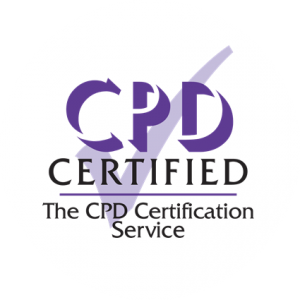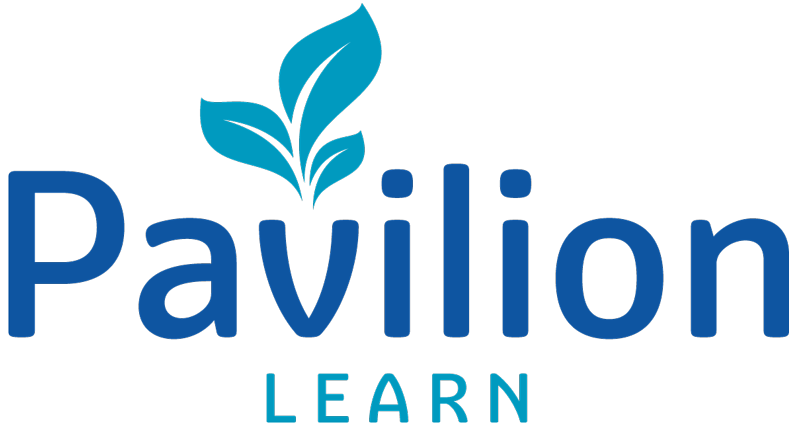An on-line course for managers, support staff,
support professionals and teams in learning disability services
NEW
Online training course

A short course that can be used by individuals, pairs or small groups to develop their knowledge and skills in supporting people with learning disabilities to express their spirituality and meet their spiritual needs in a range of service settings.
The course is divided into 4 themed sessions that can be explored during one full day, or in smaller time slots:
- Meanings, Definitions and Experiences of Spirituality
- Challenges and Barriers (People with learning disabilities)
- Challenges and Barriers (Health and social care staff)
- Staff Roles and Resources
Please see full syllabus here
Access
Is available 24/7 through “My Account” once registered
Learn
In the time that best suits you!
Track progress
Print out and revisit course work any time
Achieve
Certificate of completion
About the course
Staff who work with adults and young people with learning (intellectual) disabilities, with or without autism, mental health issues or emotional and behavioural difficulties. They might include:
- Support staff in supported living, assessment and treatment units, and further education settings
- Health professionals supporting services for people with learning disabilities, for example, learning disability nurses, clinical psychologists, occupational therapists
- Managers and teams in learning disability services.
CPD accredited, the course will enable support staff in all service settings to:
- Explore and understand their own spirituality.
- Understand how spirituality is defined and how it differs from religion
- Understand the spiritual needs of the individuals using their service and the ways in which these might be expressed.
- Identify the challenges and barriers to expressing spirituality, both from the perspective of people with learning disabilities, and that of staff them.
- Explore and clarify ways in which barriers can be overcome and individuals’ spiritual needs supported, including through direct practice and the ways in which the service is delivered.
- Identify staff roles, sources of support and resources to help meet the spiritual needs of people with learning disabilities.
Chris was a visiting lecturer (Learning Disability Nursing) at Birmingham City University, is now a freelance lecturer and writer and has embarked on a PhD focusing on the experiences of people who have a range of disabilities who are seeking and pursuing an ordained parish ministry. Until recently, he was a full-time carer to his disabled wife, who passed away in 2021. He continues to be a carer to his disabled son.
Chris is now a visiting lecturer (Learning Disability Nursing) at Birmingham University and has embarked on a PhD focusing on the experiences of people who have a range of disabilities who are seeking and pursuing an ordained parish ministry. Until recently, he was a full-time carer to his disabled wife, who passed away in 2021. He continues to be a carer to his disabled son.
At the age of 49, Chris was diagnosed with Asperger’s syndrome/high functioning autism and has particular interests in those on the autism spectrum within an equality, diversity and inclusion context, and in spirituality, practical theology and learning disability.
Chris is an editorial board member for the British Journals of Nursing, Health Care Assistants, and Mental Health Nursing, and is a member of the EPICC network. He has contributed chapters to a number of edited books and written a wide range of journal articles, as well as presenting at nursing conferences.
Throughout the course, there are opportunities for the learner to reflect on their learning experiences and to log these online or offline. These can be reviewed and edited at any time.
If a trainer or assessor is involved, they can be given appropriate access to view completed participant’s coursework that is stored within the group.



